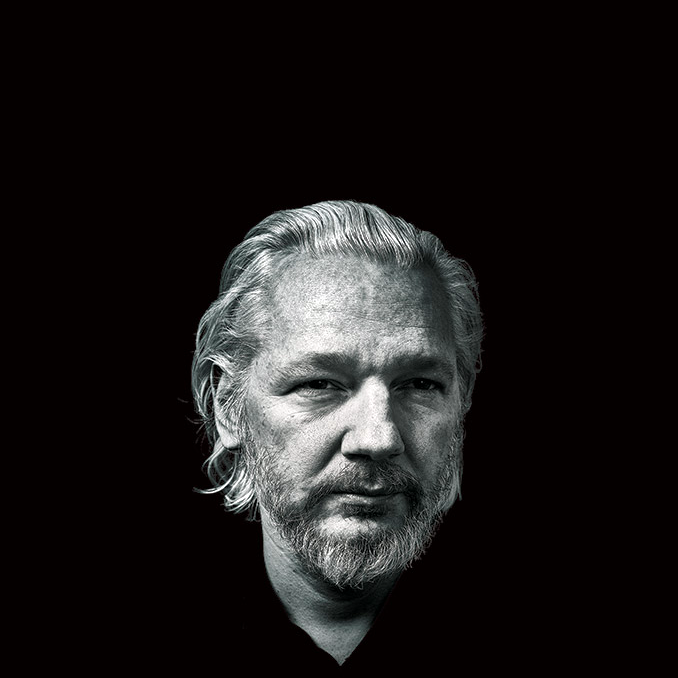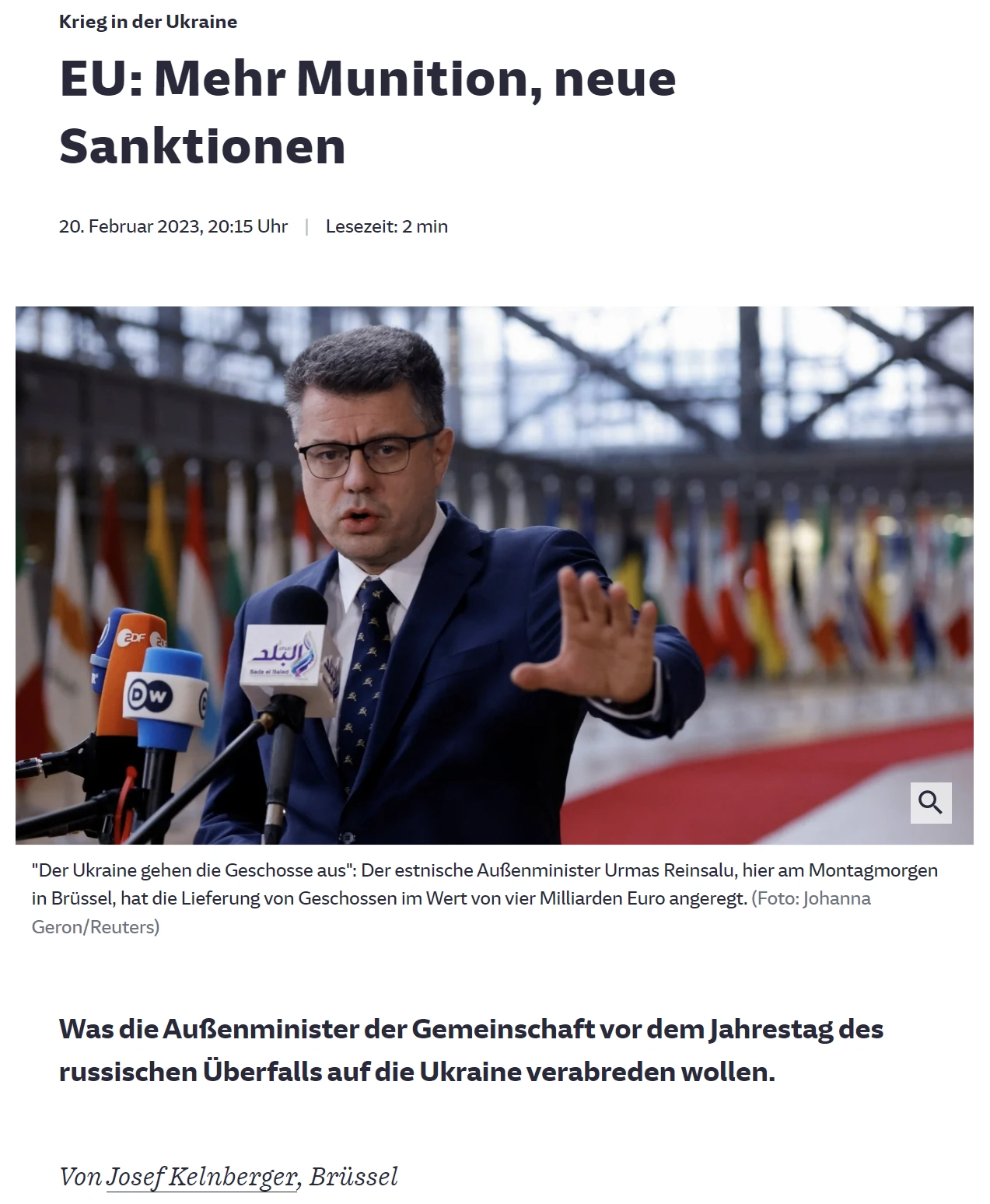Andrew Cockburn, Harper’s:
 Every year on the first of December, the Committee to Protect Journalists publishes its global prison census, documenting the number of journalists behind bars around the world. The 2022 edition set a grim record: 363 jailed journalists. Scanning the list—organized alphabetically by first name—and scrolling down to the J’s, we see that Juan Lorenzo Holmann Chamorro, publisher of the Nicaraguan newspaper La Prensa, has been locked up since 2021 on charges of money laundering, part of the Ortega dictatorship’s crackdown on independent media. Next is Juret Haji, the director of the Xinjiang Daily, detained since 2018 after a colleague was accused of being “two-faced,” a common Chinese government accusation. Julian Assange would fit neatly between these two names, but he fails to appear, as has been the case since the founder of WikiLeaks was dragged from London’s Ecuadorian Embassy in 2019 and locked in solitary confinement at Belmarsh Prison, dubbed “Britain’s Guantánamo.”
Every year on the first of December, the Committee to Protect Journalists publishes its global prison census, documenting the number of journalists behind bars around the world. The 2022 edition set a grim record: 363 jailed journalists. Scanning the list—organized alphabetically by first name—and scrolling down to the J’s, we see that Juan Lorenzo Holmann Chamorro, publisher of the Nicaraguan newspaper La Prensa, has been locked up since 2021 on charges of money laundering, part of the Ortega dictatorship’s crackdown on independent media. Next is Juret Haji, the director of the Xinjiang Daily, detained since 2018 after a colleague was accused of being “two-faced,” a common Chinese government accusation. Julian Assange would fit neatly between these two names, but he fails to appear, as has been the case since the founder of WikiLeaks was dragged from London’s Ecuadorian Embassy in 2019 and locked in solitary confinement at Belmarsh Prison, dubbed “Britain’s Guantánamo.”
The omission is striking for anyone who recalls the thunderous impact made by Assange’s revelations of U.S. government secrets. But the significance has faded for many, if it ever took hold in the first place. There are few high-profile public demands for an accounting of or prosecution for the crimes exposed through his reporting. In toto, WikiLeaks took away the filters through which we are normally directed to view the world. Without it, we would have little idea of the number of civilians killed in Iraq and Afghanistan during the American invasion, or of the United States’ war crimes, such as the execution of eleven handcuffed people, including five children, in a 2006 raid on a house in Iraq. We would not know that Secretary of State Hillary Clinton was fully aware that Saudi Arabia was a source of “critical financial support” for the Taliban and Al Qaeda; or that the British government was misleading the public about its intentions for the former inhabitants of Diego Garcia, many of whom were displaced in the Sixties and Seventies to make way for an American base. How does the CIA approach the business of so-called targeted assassination? WikiLeaks gave us the agency’s inside view, as well as the methods it developed to bug our TVs and take control of our cars. Did the Democratic National Committee maneuver to rig the 2016 primary campaigns? WikiLeaks showed that indeed it did. “It’s an archive of American diplomacy for those years,” said John Goetz, a former reporter for Der Spiegel who worked with Assange to publish documents. “Without WikiLeaks, we wouldn’t know any of that.”
These achievements have cost Assange more than ten years of confinement and imprisonment.






